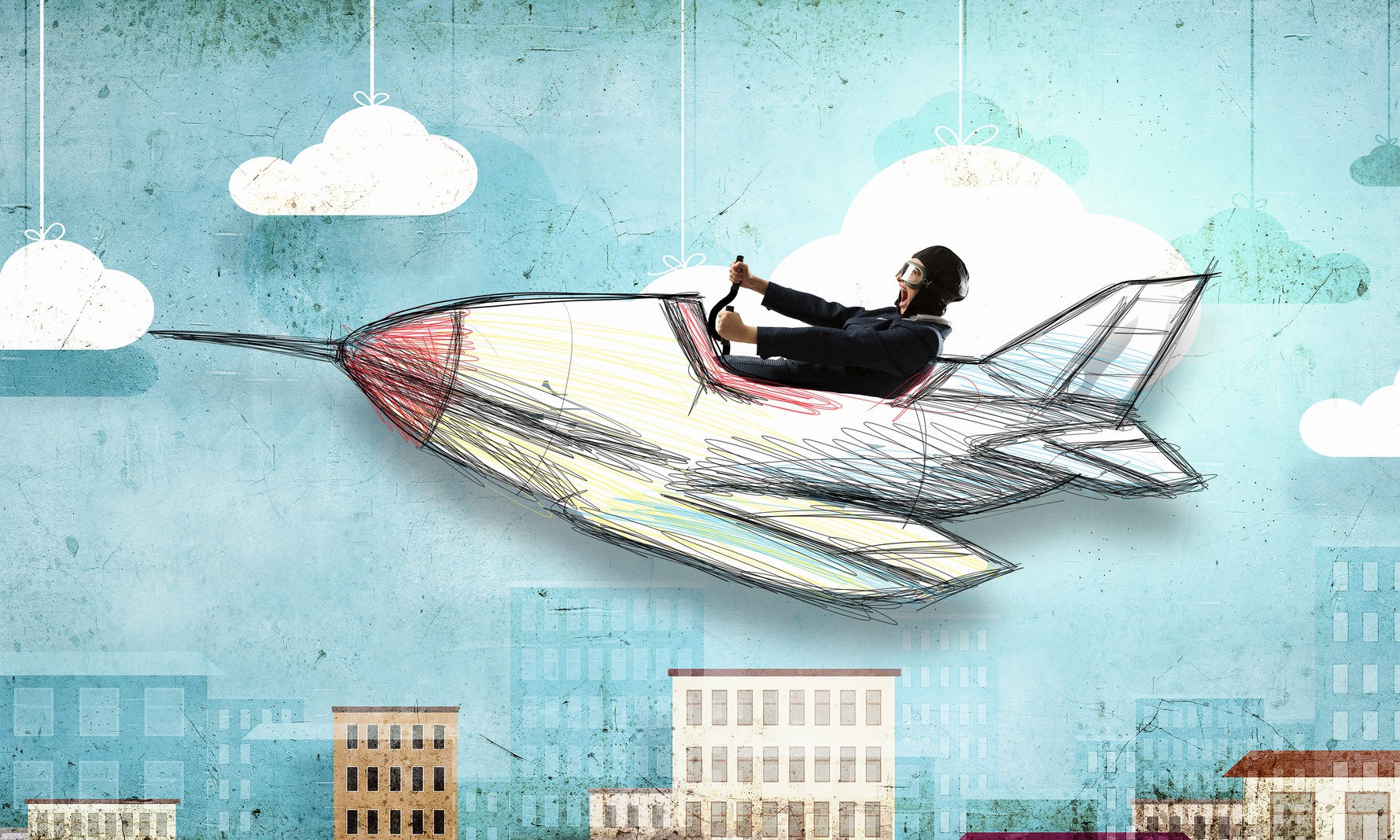Money is construed differently by different people to mean different things. Some see it as a piece of paper. To some, it is synonymous to wealth. But, regardless of the perspective, we have all come to agree that money is a resource that we can use to buy goods and services.
Can Money Buy Happiness?
They say money can’t buy happiness, and to a certain degree that’s true, but poverty doesn’t bring happiness either, does it? Does money bring happiness? Typically, people who say money doesn’t buy happiness are usually the ones who never had money. Hence, why they use the “money can’t buy happiness” motto to rationalize their inability to get out of their financial struggle.
This contradictory line is fast becoming a cliché that plagues our society today. While people seek solace in this line, some even infer that money is the root of all evil. This begs the question: what is poverty? The root of all goodness?
Tell that to a homeless beggar who struggles to have a meal a day or a promising chap who has just dropped out of school all because his parents couldn’t afford to further his education due to a lack of funds, thus, having his hope of a bright future dashed. After all, how many marriages and families have been destroyed due lack of money? How many lives have been lost as a result of abject penury? The answers are countless.
And talking about happiness, it is a myth that we’ve believed in. We are so attached to the idea that happiness is achieved when everything in our life seems perfect, so we actively pursue it every day.
The shocking truth is, the term “happiness” is relative, which makes it hard to define and achieve. What might be a source of happiness for Tom might not be the same for Jim.
In other words, the nature of human needs presents the argument that money can buy happiness as quite a paradoxical one.
If Money Can’t Buy Happiness, It Can Buy Everything Else.
Food, shelter, health care, clothing, education, and to a certain degree, even relationships. If money can get you all of these things at your disposal, what more could you wish for?
In their interesting research paper titled, “If Money Doesn’t Make You Happy, Then You Probably Aren’t Spending Right”, Elizabeth Dunn, Daniel Gilbert, and Timothy Wilson pointed out eight rules to help “buyers” achieve more happiness for their money. Find the summary of the rules below:
Buy more experiences and fewer material goods
Happiness derived from experiences is long-lived and tends to last a lifetime with us, unlike material things that we get used to or bored of quickly and want to replace.
Use your money to benefit others rather than yourself
As humans, our associations with our fellow beings is a contributing factor of our happiness. There is always this happy feeling and contentment that one gets after spending money on others. To help others, you can give back to charity, sponsor scholarship programs, or donate to NGOs.
Booker T. Washington said, “Those who are happiest are those who do the most for others.”
Buy small pleasures rather than fewer large ones
The degree that happiness is derived is not necessarily a function of the amount spent on big things. A suit might cost 10 times more than a shirt and a pair of pants, but that doesn’t mean the pleasure or utility derived from such a splurge will be 10 times more.
So why spend so much on a big vacation once a year, when you can spend less on picnics every quarter of the year and get more experiences in the process?
Eschew extended warranties and other forms of overpriced insurance
Buying extended warranties and expensive insurance is a result of the fear of the unknown.
In fact, people who buy too much insurance tend to be unhappier than those who don’t. Buy less, worry less!
Delay consumption
Anticipation of the consumption of a good or service alone can be a source of pleasure. As a matter of fact, this pleasure often overshadows the pleasure derived from the actual consumption.
Consider how peripheral features of your purchases may affect your day-to-day
At times, it is better for consumers to be more realistic in their anticipation for a purchase. Looking beyond the fanciful features often helps prevent any unnecessary unhappiness that may arise in future.
Beware of comparison shopping
Comparison shopping can bring about a misconception in the actual intent of shopping. This is because consumers may get distracted from the qualities of the product that will bring them pleasure and settle for the wrong product. Technically, they end up buying unhappiness with their money.
Pay close attention to the happiness of others
Sometimes, the true definition of our happiness may lie in the hands of other people. As stated by the authors, “Research suggests that the best way to predict how much we will enjoy an experience is to see how much someone else enjoyed it.”
Money can at least buy us freedom, which is just as important as happiness.
One of the most significant roles that money can play in one’s life is that it makes you less indebted to those who possess it – it brings about independence.
This must be what William Faulkner saw when he decided to resign from the Oxford, Mississippi. With enough cash in hand, you can do what you want, get what you want, and go where you want. Yes, it sounds good, but there is a downside as well.
As much as money can bring liberation, people can still easily be enslaved to it. When people are slaves to their money, they tend to panic about losing their money. They start to worry about futuristic uncertainties (thus, creating problems where there are none). In fact, their relationships with their family and friends begin to go weary.
This has led us to another pertinent question: Who is better between a well-fed slave and a hungry free man?
Albert Camus gave his answer when he said, “It’s better to be a free pauper than a rich slave.” He went further to say, “People want to be rich and free and because of, that they become poor slaves.”
The point is, freedom is not just free. It unavoidably has a price attached to it, but that doesn’t mean you’ll need a million dollars to acquire it. Having money doesn’t necessarily make you happy, but it increases the odds dramatically if you know how to use your money.
With money comes freedom, and with freedom comes happiness.
Before using the all too common line that money can’t buy happiness, you might want to give it a second thought.
Featured photo credit: Getty Images via time.com














































